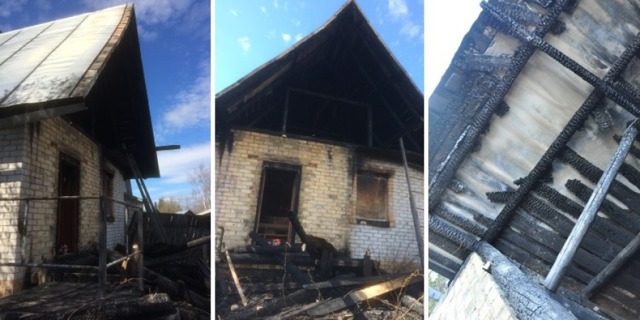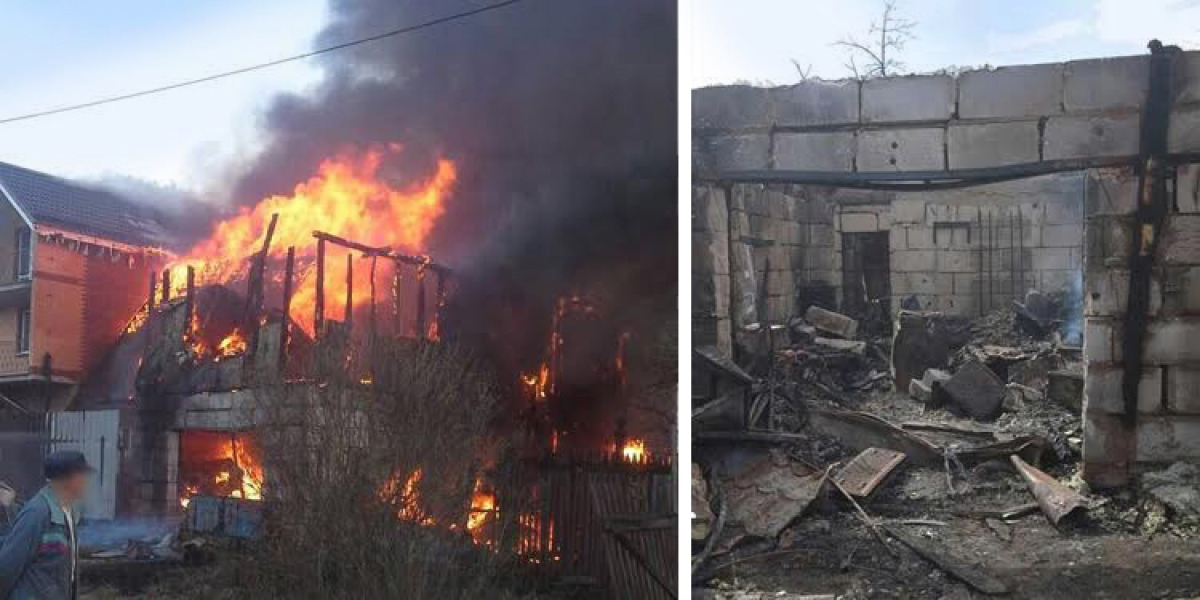Russia’s Supreme Court Ruling Has Negative Impact on Jehovah’s Witnesses

Russia’s Supreme Court decision of April 20, 2017, is having a severe nationwide impact on Jehovah’s Witnesses. Authorities are violating the Witnesses’ fundamental freedoms and criminalizing their religious activities. At the same time, some Russian citizens interpret the decision as a license to discriminate against the Witnesses and even to subject them to hate crimes.
Russian Government Abuses and Restrictions on Human Rights
Criminal Charges Against Ministers of Jehovah’s Witnesses
On May 25, police raided the religious services of the Oryol Congregation of Jehovah’s Witnesses. The police arrested Dennis Christensen, a Danish citizen and an elder of the Oryol Congregation. Mr. Christensen is being held in pretrial detention until July 23 while the prosecutor attempts to build a case against him for “extremist activity.” If convicted, Mr. Christensen could be sentenced to a six-to-ten-year prison term.
Official Warnings Issued to Local Religious Organizations
On May 4, the prosecutor’s office issued a warning to the chairman of the Krymsk Local Religious Organization (LRO). The warning stated that the chairman and the members of the LRO can be subject to administrative and criminal liability for holding religious services.
Since the Supreme Court ruling, at least five other LROs have received similar warnings.
Police Raids on Religious Services
On April 22, police entered the Witnesses’ house of worship in Dzhankoy, Republic of Crimea, as religious services were concluding. The officers insisted that after the Supreme Court decision, the Witnesses had no right to meet together for worship. They searched the building and then sealed it to prevent its use for religious meetings.
Since the Supreme Court decision, there have been at least five other instances where police interrupted religious services of the Witnesses, one of which was held in a private home.
“I’m deeply concerned by this unwarranted criminalization of the peaceful activities of members of the Jehovah’s Witnesses communities in Russia. . . . I urge the Russian authorities to ensure that rights to freedom of religion or belief, freedom of opinion and expression, freedom of peaceful assembly and association of individuals belonging to the Jehovah’s Witnesses community are upheld, in compliance with the obligations of the country under international human rights law and OSCE [Organization for Security and Cooperation in Europe] commitments.”—Michael Georg Link, Director of the OSCE Office for Democratic Institutions and Human Rights.
Witness Schoolchildren Targeted
On April 24, in the village of Bezvodnoye, Kirov Region, a teacher humiliated two young students whose mother is one of Jehovah’s Witnesses. The teacher justified her actions by stating that the Witnesses are banned in Russia.
On May 17, in the Moscow Region, a school principal issued a written warning to the parents of an eight-year-old student who had spoken about God to a classmate. The document referred to the Supreme Court decision and prohibited on school grounds “all actions that do not relate to the educational process.” The principal threatened to report the matter to the police and “to raise the issue of transferring the child to another form of training.”
Witness Men Denied Alternative Civilian Service
On April 28, the Conscription Commission of the Cheboksary and Marposadskiy regions rejected the application of one of Jehovah’s Witnesses for alternative service. The Commission stated that Jehovah’s Witnesses are “extremist” and cannot be granted alternative service.
At least two other male Witnesses similarly had their applications for alternative civilian service denied.
Philip Brumley, general counsel for Jehovah’s Witnesses, noted the contradiction in the government’s stance: “On the one hand, the government refuses alternative civilian service to young Witnesses because they are ‘extremists,’ while on the other hand, it demands that these ‘extremists’ be inducted into the army. Does it make sense that the government would allow ‘extremists’ to be in the army?”
Societal Abuses and Discrimination
Acts of Violence Against Witnesses
On April 30, in Lutsino, Moscow Region, the home of a Witness family was burned to the ground, along with the adjoining home of their elderly parents. The arsonist had first expressed his hatred for the family’s religion and then started the fire.
On May 24, in Zheshart, Komi Republic, arsonists caused significant damage to a building used by Jehovah’s Witnesses for religious services.

Kingdom Hall in Zheshart damaged by arson
At least nine other houses of worship have been vandalized since the Supreme Court decision of April 20, 2017.
On April 26, one of Jehovah’s Witnesses in Belgorod was leaving his home when an attacker yelled, “You have been banned!” and then he beat the Witness.
On May 11, a group of men interrupted the religious services of Jehovah’s Witnesses in Tyumen and, using obscene and insulting language, threatened to harm the attendees.
Witnesses Dismissed From Employment
On May 15, the management of a chemical factory in Dorogobuzh, Smolensk Region, dismissed all of its employees who are Jehovah’s Witnesses. The management explained that they had received an order from the FSB to dismiss all of the Witnesses because “extremists” cannot work at the factory.
In at least three other incidents since the Supreme Court decision, Witness employees have been threatened with dismissal because they belong to an “extremist” religion. In the village of Yashkino, Kemerovo Region, the police pressured one Witness, but she refused to divulge information on other Witnesses. The officers said that it was unlawful to be a member of a banned religion and likened Jehovah’s Witnesses to ISIS terrorists.
Concern for the Welfare of Jehovah’s Witnesses in Russia
In the ten years leading up to the Supreme Court decision, Jehovah’s Witnesses in Russia were victims of a government-sponsored attack against their religious freedom that subjected them to much harassment. Now in the aftermath of the decision, their security is even less certain. The decision vilifies the Witnesses and has emboldened some individuals and government officials to inflict further harm, as exemplified by these recent incidents. Jehovah’s Witnesses worldwide are greatly concerned about what will happen to their fellow Witnesses in Russia if the Appellate Chamber of the Supreme Court upholds the decision when it considers the case on July 17, 2017.
Mr. Brumley stated: “No one has presented any evidence that even remotely links Jehovah’s Witnesses with extremism. The alleged danger that the Witnesses are accused of posing to society is in no way commensurate with the persecution they have already endured. Russia needs to rethink its actions against Jehovah’s Witnesses in light of its constitution and its international agreements that guarantee religious freedom.”


No comments:
Post a Comment